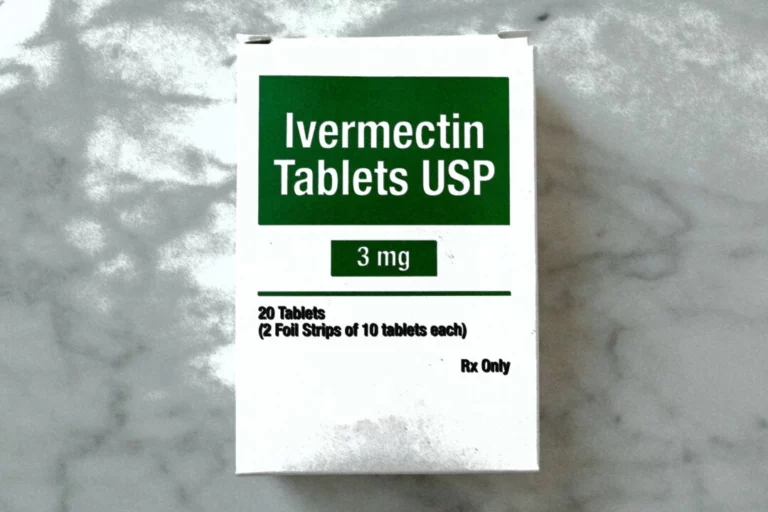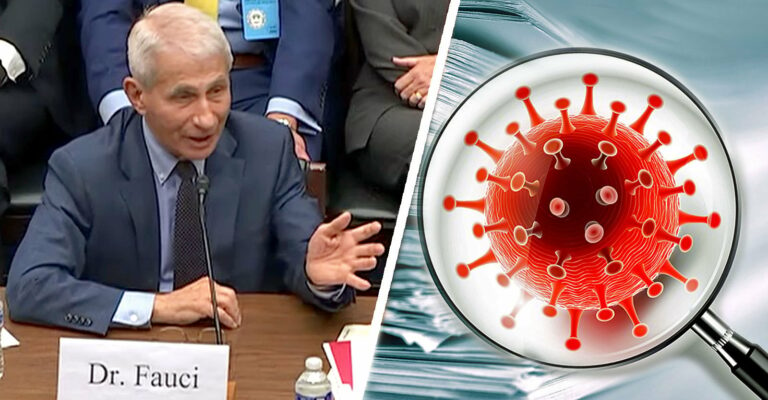Watch: Lab-altered Mosquitoes: ‘Coming to Your Town Next?’
Tina Lia, president and founder of Hawaii Unites, joined “The Defender In-Depth” podcast this week to discuss the plan in Hawaii to release up to 775,992,000 lab-altered, bacteria-infected mosquitoes on Maui every week for the next 20 years.
Advocates for a program that will release up to 775,992,000 lab-altered, bacteria-infected mosquitoes in Maui every week for the next 20 years claim it will help prevent the spread of avian malaria, protect humans and reverse the population decline of native bird species.
But local activists argue that an environmental impact study was not performed before the project was launched and warn the possible negative consequences of the mosquito release may outweigh any benefits.
Last year, Hawaii Unites sued the State of Hawaii and the multi-agency partnership backing the mosquito project.
Following a legal setback last month after a Hawaii court granted summary judgment to the state, Hawaii Unites has launched a fundraising campaign, aiming to raise enough money to file an appeal by the end of the month.
Tina Lia, president and founder of Hawaii Unites, joined “The Defender In-Depth” podcast this week to discuss the project.
Lia discussed the legal challenge her organization launched, the powerful entities supporting the project, its future aims and the potential harms the project could cause to humans and the local ecosystem.
State should have done environmental impact study
According to Lia, the narrative from the project’s proponents “is that they are wanting to suppress the southern house mosquito population here that is carrying avian malaria, which is affecting the endangered and threatened native birds.”
Instead of an environmental impact study, the state completed an environmental assessment, which Lia said is a “much more basic assessment of what could happen.”
“We’ve taken them to court to seek a ruling to require an environmental impact statement, which would mean that they would need to study this extensively,” she said.
In May 2023, Hawaii Unites sued the state in the Circuit Court of the First Circuit in Hawaii. In a Jan. 29 ruling, the court granted the state’s motion for summary judgment.
“Our attorney presented very compelling information,” Lia said. “The state again really couldn’t even answer for themselves.” Yet, “the judge ended up ruling in their favor.”
Project using techniques that have not been tested previously
Lia said the technique being used in Hawaii, known as the “Wolbachia incompatible insect technique” involves the breeding and release of mosquitoes infected with the Wolbachia bacterium.
“The purpose is supposed to be that when they breed with the wild mosquitoes … the offspring won’t be viable,” Lia said. “But it requires the release of huge amounts of mosquitoes to even potentially be effective.”
She added:
“They don’t even know if it’s going to be effective because they’ve never done this before. This is a novel technique that they’re using, and they keep saying ‘this has been done all over the world, it’s been proven safe.’”
Lia listed some potential risks related to the project, which were also outlined in testimony by an expert witness for Hawaii Unites, tropical disease and vector expert Dr. Lorrin Pang, head of Hawaii’s District Health Office for Maui.
According to Lia, there is “potential for the bacteria to transmit in unintended ways … to the existing wild mosquitoes and to other insects, including insect vectors of disease.”
“Another really unstudied concern is that of biopesticide wind drift,” Lia said, noting that the mosquitoes are classified as a biopesticide by the U.S. Environmental Protection Agency.
“There’s also a concern about what’s called superinfection … when the mosquitoes can be infected with multiple strains of the bacteria as opposed to just the one,” Lia said. “We don’t know what can happen with that as far as disease-transmitting capability.”
According to Lia, there are also questions about the methods used to spread the mosquitoes, including helicopters and battery-powered drones, which pose a fire risk and a risk of collision with flocks of birds.
Lia said:
“These multi-agency partnerships have not answered for any of this … They continue to claim that they’ve seen enough information to feel that this is safe, and they reference other studies that have to do with different species of mosquitoes, different techniques of release of mosquitoes.”
Lia said some Hawaii residents have already reached out to her organization, reporting unusual mosquito bites, reactions and other mosquito-related activity — including mosquitoes that “look different” or that “don’t make a sound,” and welts that are “bigger,” “more painful” or of an “unusual shape.”
Biotech firms have sights set on Hawaii
Proponents of the project also claim that it is of urgent importance because of declining bird populations, Lia said.
Yet, according to Lia, “They haven’t provided evidence [and] we have yet to find solid evidence that there is a direct correlation or [that this is] the main reason for the bird decline.”
One reason for this, Lia said, may involve powerful financial interests and backers.
“There’s a lot of money involved here,” she said. “There’s federal funding. There’s the biotech industry wanting to experiment here.” She said the U.S. Department of the Interior alone has provided $30 million in federal funding for the project.
One of the organizations participating in the multi-agency partnership behind the project, the Kauai Forest Bird Recovery Project, lists Corteva Agriscience as a partner. Corteva, a conglomerate formed via the merger of Dow AgroSciences and DuPont/Pioneer, owns many patents for the CRISPR gene-editing technology.
According to Lia, this is not surprising. “They’re talking about doing CRISPR gene editing with the mosquitoes as this moves forward,” she said. And Corteva is also connected to the project to perform “facilitated adaptation” which involves using CRISPR gene editing on the birds “to make them less susceptible to avian malaria,” Lia said.
Plans for the project include releasing Aedes aegypti and Aedes albopictus (yellow fever) mosquitoes, “to target diseases of human health concern,” Lia said.
And there are plans to build a lab in Hawaii to “produce these mosquitoes for release on the islands into perpetuity,” she said, along with plans to use a CRISPR technique, the “precision-guided sterile insect technique.”
A 2019 peer-reviewed study from Yale University scientists revealed that over two years of continual releases of genetically engineered mosquitoes at a test site in Brazil failed to reduce populations of Aedes aegypti. Although the mosquitoes were supposed to be sterile, the study found they nevertheless bred with wild mosquitoes.
Lia said Bill Gates has promoted these types of techniques.
“We were able to find out that the Bill & Melinda Gates Foundation funded the initial technology for one of the mosquito labs where the mosquitoes are being imported from,” Lia said. Her group also “found a connection to … Verily Life Sciences,” a Google subsidiary.
Dr. Robert Califf, U.S. Food and Drug Administration commissioner, previously worked for Verily, with a salary of $2.7 million and up to $5 million in stock, according to CNBC.
Calling Maui “ground zero” for such experiments, Lia said that, as a group of islands, Hawaii is “always a target area for experimentation.” She suggested the “bird narrative” tied to the latest mosquito project is “just a convenient way,” a “Trojan Horse … to start this whole process of mosquito releases,” with the intent of “escalating” the project in the future.
‘They want us to just go away’
According to Lia, local opposition to the project is growing.
“They want us to just go away,” Lia said. “I don’t think they expected to be called out on the facts of what’s in their own documents and what they’ve misrepresented to the people. But we’re not going anywhere. We’re going to keep researching this and bringing out the information.”
“[We’re] hoping that we can keep moving forward, if we can get this win on appeal and go back to the circuit court and go to trial,” Lia said. “This isn’t just about Maui being ‘ground zero’ for the experiment … This is a global issue, because if this is allowed to happen here … it’s coming to your town next.”
Watch this week’s ‘The Defender In-Depth’:
https://boxcast.tv/view-embed/ground-zero-lab-altered-mosquito-release-ikpkklcstgpnjec20te9
Suggest a correction






